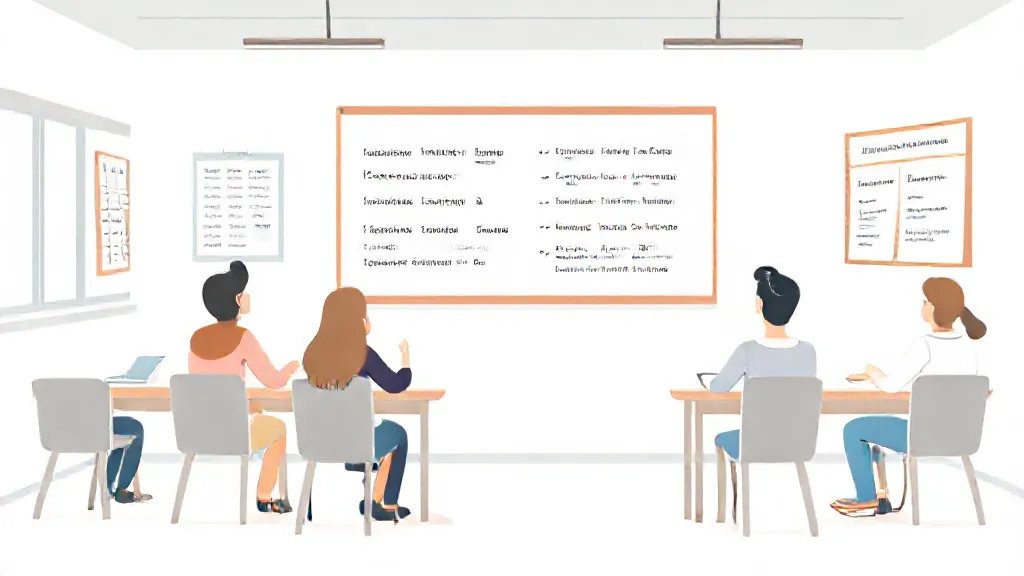Comparative clauses are a fascinating yet challenging aspect of the English language that often perplexes both learners and educators. Understanding why these clauses can be difficult to master involves delving into the complexities of grammar, syntax, and the nuances of meaning that accompany comparison. This article aims to unpack these challenges, providing insights into the reasons behind the struggle and offering guidance on how to navigate them effectively.
The Complexity of Comparative Structures
At the heart of the difficulty with comparative clauses lies their structural complexity. Comparative clauses often require the use of specific grammatical forms, such as comparative adjectives and adverbs, which can vary significantly from their base forms. For instance, the adjective "big" becomes "bigger" in a comparative clause, while "good" changes to "better," showcasing irregularities that can confuse learners.
The need to remember these variations, along with the correct syntactical placement within a sentence, adds layers of difficulty for those acquiring the language.
Understanding Context and Nuance
Another significant hurdle in mastering comparative clauses is the contextual nuance they convey. Comparisons can express varying degrees of difference, similarity, or preference, which may not be explicitly stated.
For example, the sentence "She is taller than her brother" implies a clear comparison, but the subtleties of how "taller" is interpreted can vary based on context. Learners must grasp not only the grammatical structure but also the implications of their comparisons, which can lead to misunderstandings if not addressed.
The Role of Idiomatic Expressions
Idiomatic expressions often complicate the learning process further.
Phrases like "the more, the merrier" or "better late than never" incorporate comparative clauses in ways that do not conform to standard grammatical rules. These expressions can confuse learners who might be trying to apply strict grammatical principles to their usage. Understanding idioms requires a level of familiarity with cultural context and usage that can be daunting for non-native speakers.
Variations Across Languages
For many language learners, the challenges associated with comparative clauses are exacerbated by differences between their native language and English. In some languages, comparative structures may not exist, or they may function differently, leading to interference when learners attempt to apply their native grammatical rules to English. This transfer can result in errors and misunderstandings that hinder effective communication.
Teaching Strategies for Success
To aid learners in mastering comparative clauses, educators can employ various strategies that emphasize practice and contextual understanding. Utilizing visual aids, such as comparison charts, can help clarify the differences between comparative and superlative forms. Additionally, incorporating real-life examples and interactive activities encourages students to engage with the material actively, reinforcing their understanding through application.
The Importance of Feedback and Correction
Feedback plays a crucial role in the learning process, particularly when it comes to mastering comparative clauses. Regular correction and constructive feedback help learners identify their mistakes and understand the reasoning behind the correct usage. Educators should create a supportive environment where students feel comfortable making errors and learning from them, promoting a growth mindset that values progress over perfection.
Real-World Applications and Practice
Real-world applications of comparative clauses can enhance understanding and retention. Encouraging learners to compare objects, experiences, or opinions in their daily lives allows them to practice these structures in meaningful contexts. This practical approach not only solidifies their understanding but also boosts their confidence in using comparative clauses in conversation and writing.
Conclusion: Embracing the Challenge
Mastering comparative clauses is undoubtedly a challenging endeavor for many learners of English. However, by recognizing the complexities involved, embracing effective teaching strategies, and fostering a supportive learning environment, educators and students alike can navigate these difficulties successfully. Understanding the nuances of comparison is not just a grammatical exercise; it is a vital skill that enhances communication and enriches the learning experience.
